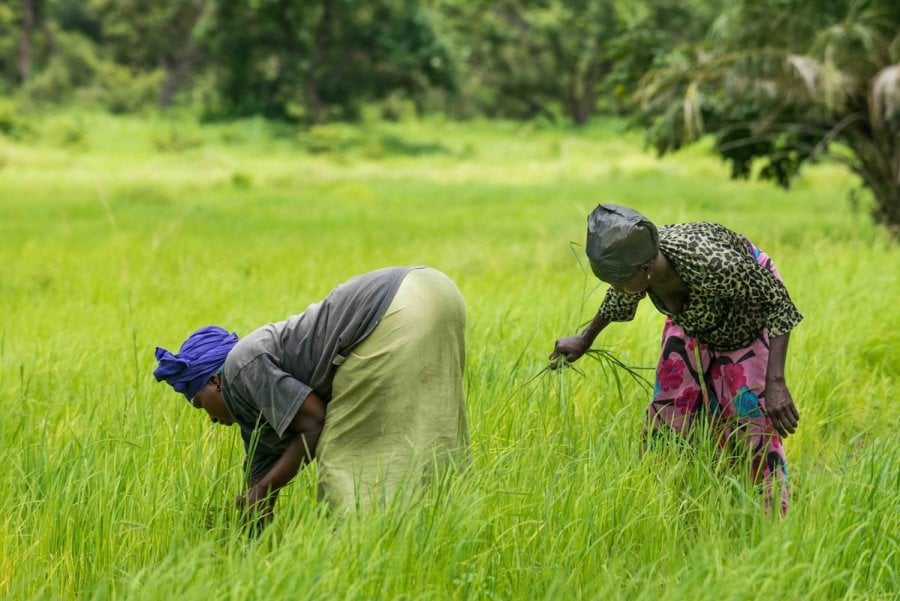
The London School of Hygiene & Tropical Medicine‘s Centre on Climate Change & Planetary Health together with the Stanford University’s Centre for Innovation in Global Health and the Stanford Woods Institute for the Environment, have joined forces to create a new Post-doctoral Fellowship in Planetary Health to support early-career researchers tackling pressing questions in this emerging field.
Planetary health is the health of human civilisation and the state of the natural systems on which it depends. Urgent threats to human health arise from the impacts of man-made climate and environmental change including air pollution and the loss of food pollinating insect species. These threats disproportionately affect low-resource communities where people suffer dangerous consequences such as heat stress, reduced access to safe water and undernutrition.
Research in the field of planetary health is developing fast and requires novel approaches that focus on developing evidence for policy and real-world interventions. The Institutes driving this new Fellowship in Planetary Health are leaders in the field, and their collective expertise brings together more than 100 scientists active in aspects of planetary health and policy solutions.
While fellowships are typically hosted in one institution, this partnership gives researchers a unique opportunity to engage in a range of disciplines and pursue ground-breaking research. The Planetary Health Fellows will spend time with senior faculty mentors at both LSHTM and Stanford. Fellows will also engage in research with local partners in countries such as Bangladesh, The Gambia, India, Uganda and Zimbabwe.
“This joint initiative emphasises planetary health as an area of urgent and critical investigation,” said Professor Alan Dangour, Director for the Centre on Climate Change & Planetary Health at LSHTM. “As well as inspiring planetary health researchers to think in new ways, the research will help us generate high-quality evidence-based solutions for the health of people and the planet.”
“Running a Fellowship program across LSHTM and Stanford will help us tackle some of the biggest questions in human and planetary health,” said Dr. Michele Barry, Stanford’s Senior Associate Dean of Global Health. “I would love to see this as a way of expanding planetary health research capacity among early-career scientists from low and middle-income countries, and I hope this Fellowship will help inspire new ways of thinking that will develop a resilient and sustainable planet.”
Funding comes from the Gordon and Betty Moore Foundation, the Sean N. Parker Center for Allergy and Asthma Research at Stanford University, and Bob and Kathy Burke.
The Fellowship programme is open to researchers from anywhere in the world who have completed their doctoral degree within the past three years . The two-year Fellowship will begin in late 2020 / early 2021 and applications are now open.
Our postgraduate taught courses provide health practitioners, clinicians, policy-makers, scientists and recent graduates with a world-class qualification in public and global health.
If you are coming to LSHTM to study a distance learning programme (PG Cert, PG Dip, MSc or individual modules) starting in 2024, you may be eligible for a 5% discount on your tuition fees.
These fee reduction schemes are available for a limited time only.
